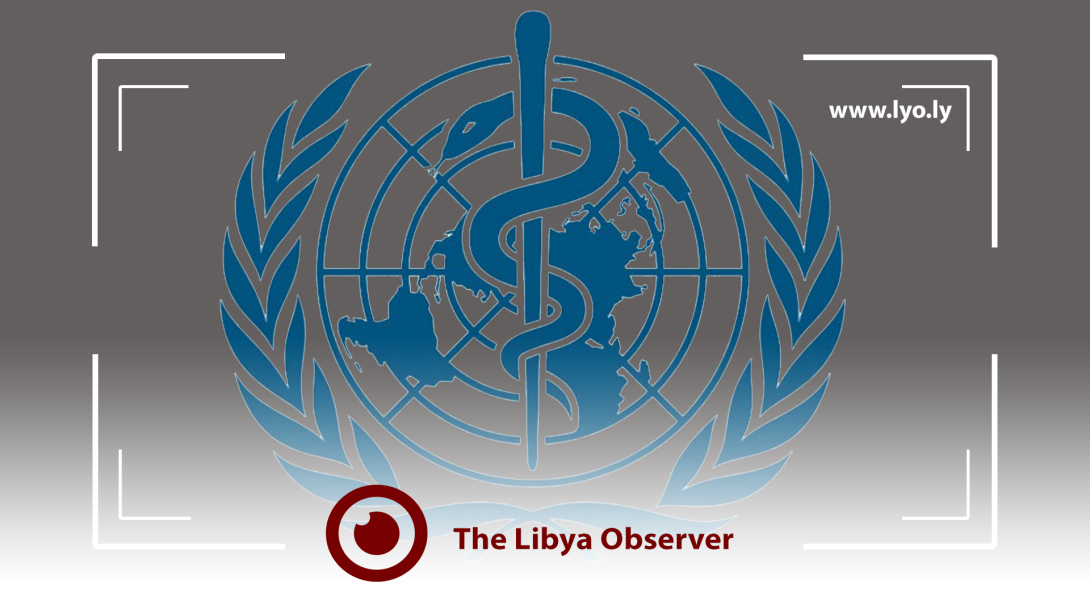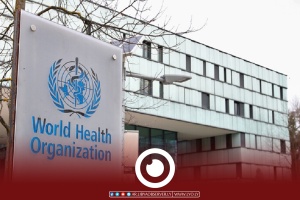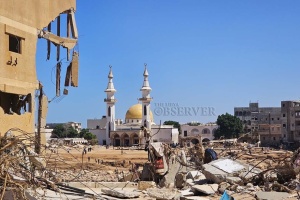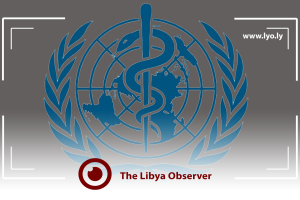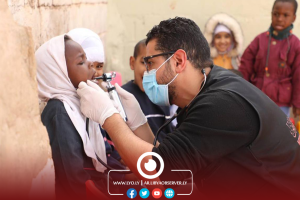The World Health Organization (WHO) has said that the health sector in Libya is facing several challenges, including institutional fragmentation, weak governance, lack of accountability, and severe shortages of funding, medical supplies and health workers, in addition to the disruption of the primary healthcare network.
WHO said in its report on the health situation in Libya for the year 2021 that the comprehensive organizational structure, designed previously for the Ministry of Health at the national, regional and municipal levels, did not produce positive results, while the current protracted crisis in Libya prevented the appropriate recovery of the health system and implementation meaningful repairing work.
"The health situation in Libya deteriorated due to the mismanagement of many health facilities. In 2021, up to 90% of primary healthcare centers remained closed, and a third of health facilities in southern and eastern Libya were out of order, while 73% in the south and 47% in the east were partially working due to lack of medical supplies and human resources." WHO explained.
WHO said that 80 health facilities were completely or partially damaged, which represents 37% of the total health facilities, and indicated that only 20% of communities in Libya have child and emergency health services, 25% have general clinical services, and 15% have reproductive health care services as well as noncommunicable and noninfectious diseases.
It also referred to the closure of health facilities across Libya due to the increase of cases of the Coronavirus among health workers and the lack of personal protective equipment and supplies, saying that 80% of primary health care centers do not have any of the essential medicines, including medicines for diabetes and other chronic and noncommunicable diseases.
WHO indicated that Libya had faced shortages at stocks of necessary routine immunization vaccines more than once due to difficulties in obtaining funds from the Central Bank of Libya to submit new purchase orders, confirming that there was a severe shortage of drugs for cancer, tuberculosis and HIV (AIDS).

